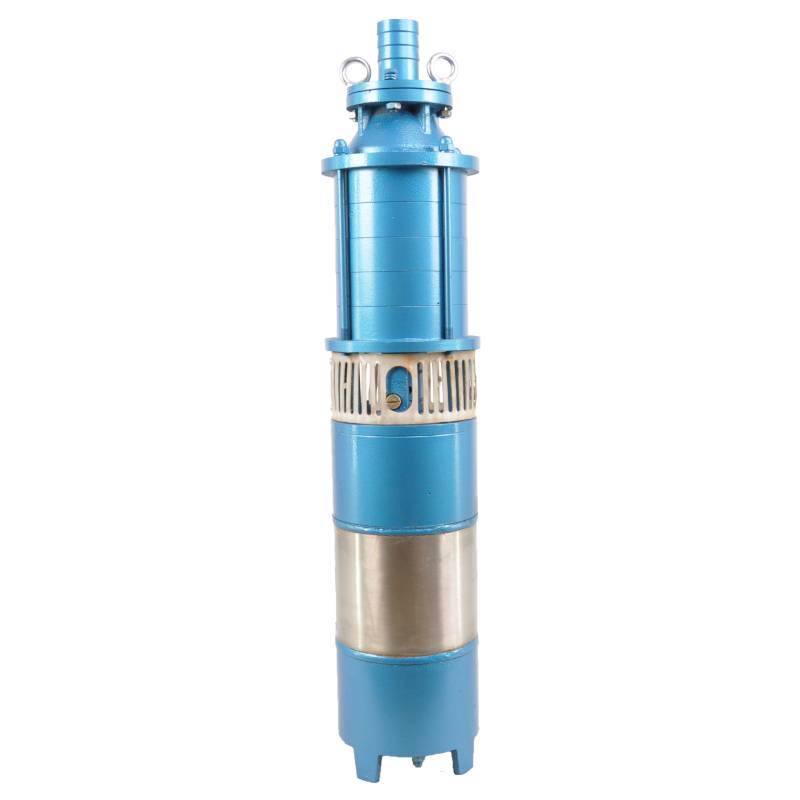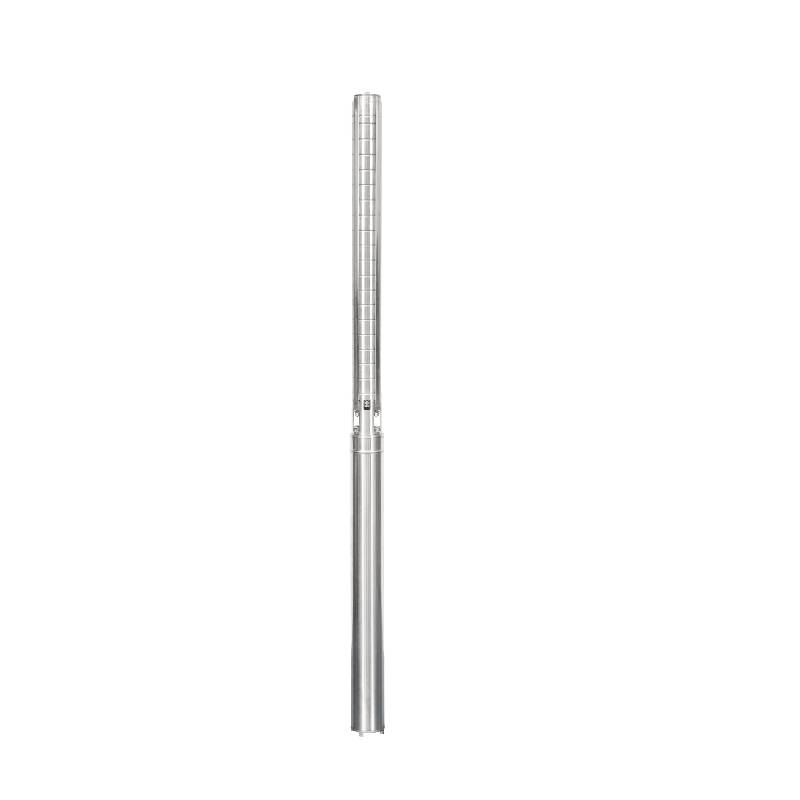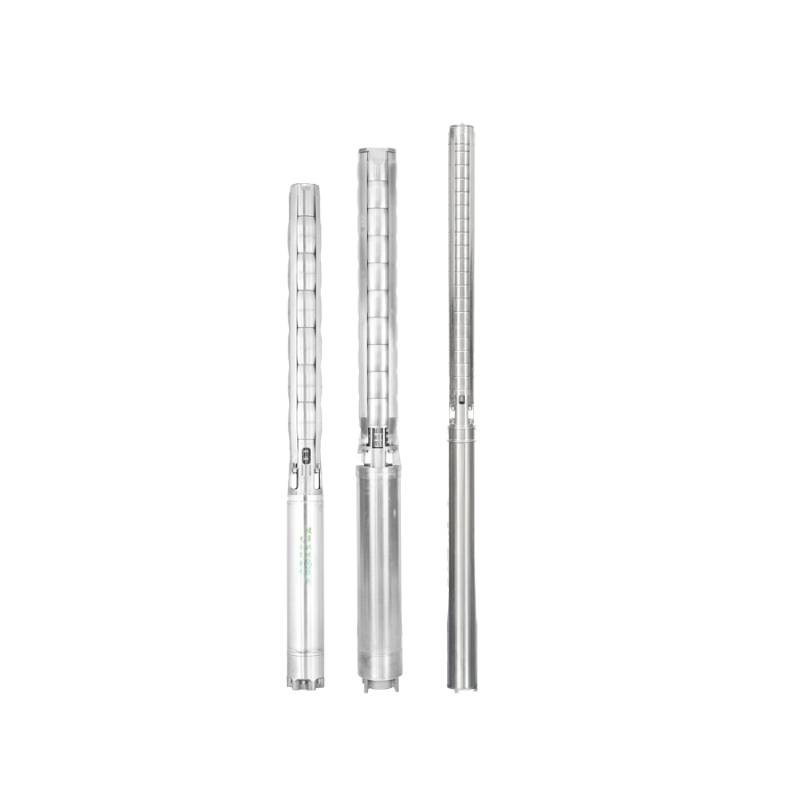Dec . 29, 2024 13:55 Back to list
electric well pump
The Electric Well Pump An Essential Tool for Modern Irrigation and Water Supply
In today's world, access to clean and reliable water is essential for both agricultural productivity and domestic use. One of the most efficient and widely used tools for this purpose is the electric well pump. This technology not only revolutionizes the way water is extracted from underground sources but also ensures that farmers and households can manage their water supply effectively.
Electric well pumps are designed to lift water from deep aquifers to the surface. These pumps operate using electric power, which is much more efficient compared to traditional manual or wind-powered pumps. They come in various types, including submersible pumps, centrifugal pumps, and jet pumps, each serving different needs and applications.
Types of Electric Well Pumps
1. Submersible Pumps These pumps are designed to be submerged underwater. They are highly efficient at pumping water from deep wells, as the motor and pump are installed below the water level. Submersible pumps are known for their durability and long lifespan, making them a popular choice for both residential and agricultural use. They can pump large volumes of water at relatively low energy consumption, especially in areas where the groundwater table is deep.
2. Jet Pumps Jet pumps are typically used for shallow wells where the water table is less than 25 feet deep. They function by creating a vacuum that draws water into the pump, which is then forced into the pipe system. Though less efficient than submersible pumps, jet pumps are easier to service as they are located above ground.
3. Centrifugal Pumps These are characterized by their impeller design, which uses rotational energy to move water. They are versatile and can be used in both residential and commercial applications, often serving as booster pumps to increase water pressure in existing systems.
Advantages of Electric Well Pumps
electric well pump

One of the primary benefits of electric well pumps is their efficiency. They can operate continuously, providing a steady supply of water without the manual labor or physical strain associated with traditional pumps. This is particularly important in agricultural settings, where consistent irrigation is crucial for crop health and yield.
Moreover, electric well pumps are relatively easy to install and maintain. With advancements in technology, many modern pumps come equipped with smart controls, allowing users to monitor water levels and pump performance remotely. This feature is beneficial for farmers who may not always be on-site to manage their water supply.
Another significant advantage is the environmental impact. Electric well pumps, especially those powered by renewable energy sources like solar or wind, can reduce dependency on fossil fuels, contributing to a cleaner and more sustainable operation. By harnessing natural resources, these pumps can also be cost-effective over time, reducing energy costs associated with water extraction.
Challenges and Considerations
Despite their many benefits, electric well pumps do come with certain challenges. The installation costs can be high, especially for submersible pumps that require professional assistance. Furthermore, over-extraction of groundwater due to the easy accessibility of electric pumps has raised concerns about aquifer depletion in some regions. It is vital for users to understand their local water regulations and to practice sustainable water usage.
Additionally, electric well pumps require access to electricity. In rural areas, where power supply can be intermittent, this can pose a challenge. However, many farmers are now using solar panels to power their electric pumps, providing a reliable and eco-friendly alternative.
Conclusion
In summary, electric well pumps are an indispensable tool in modern water management, offering efficiency, convenience, and sustainability. Their ability to supply consistent water makes them invaluable for agricultural productivity and home water supply. However, responsible use and adherence to local water management practices are essential to ensure the long-term viability of aquifers and the ecosystems that rely on them. As technology continues to evolve, the potential for electric well pumps to contribute positively to global water resources remains substantial.
-
submersible-sump-pump-auto-drainage-for-crawlspaces
NewsAug.22,2025
-
solar-powered-stainless-steel-submersible-well-pump-setup
NewsAug.22,2025
-
stainless-steel-well-pump-flow-rate-optimization
NewsAug.22,2025
-
water-filled-submersible-pump-fish-farm-oxygenation
NewsAug.22,2025
-
submersible-pump-in-aquaculture-and-fish-farming
NewsAug.22,2025
-
deep-well-submersible-pump-for-drought-areas
NewsAug.22,2025
-
 submersible-sump-pump-auto-drainage-for-crawlspacesCrawlspaces, those narrow areas beneath homes, are prone to water accumulation due to leaks, groundwDetail
submersible-sump-pump-auto-drainage-for-crawlspacesCrawlspaces, those narrow areas beneath homes, are prone to water accumulation due to leaks, groundwDetail -
 solar-powered-stainless-steel-submersible-well-pump-setupHarnessing solar energy to power stainless steel submersible well pumps is a sustainable and coDetail
solar-powered-stainless-steel-submersible-well-pump-setupHarnessing solar energy to power stainless steel submersible well pumps is a sustainable and coDetail -
 stainless-steel-well-pump-flow-rate-optimizationIn various applications like agriculture, domestic water supply, and industrial use, the flow rate oDetail
stainless-steel-well-pump-flow-rate-optimizationIn various applications like agriculture, domestic water supply, and industrial use, the flow rate oDetail
